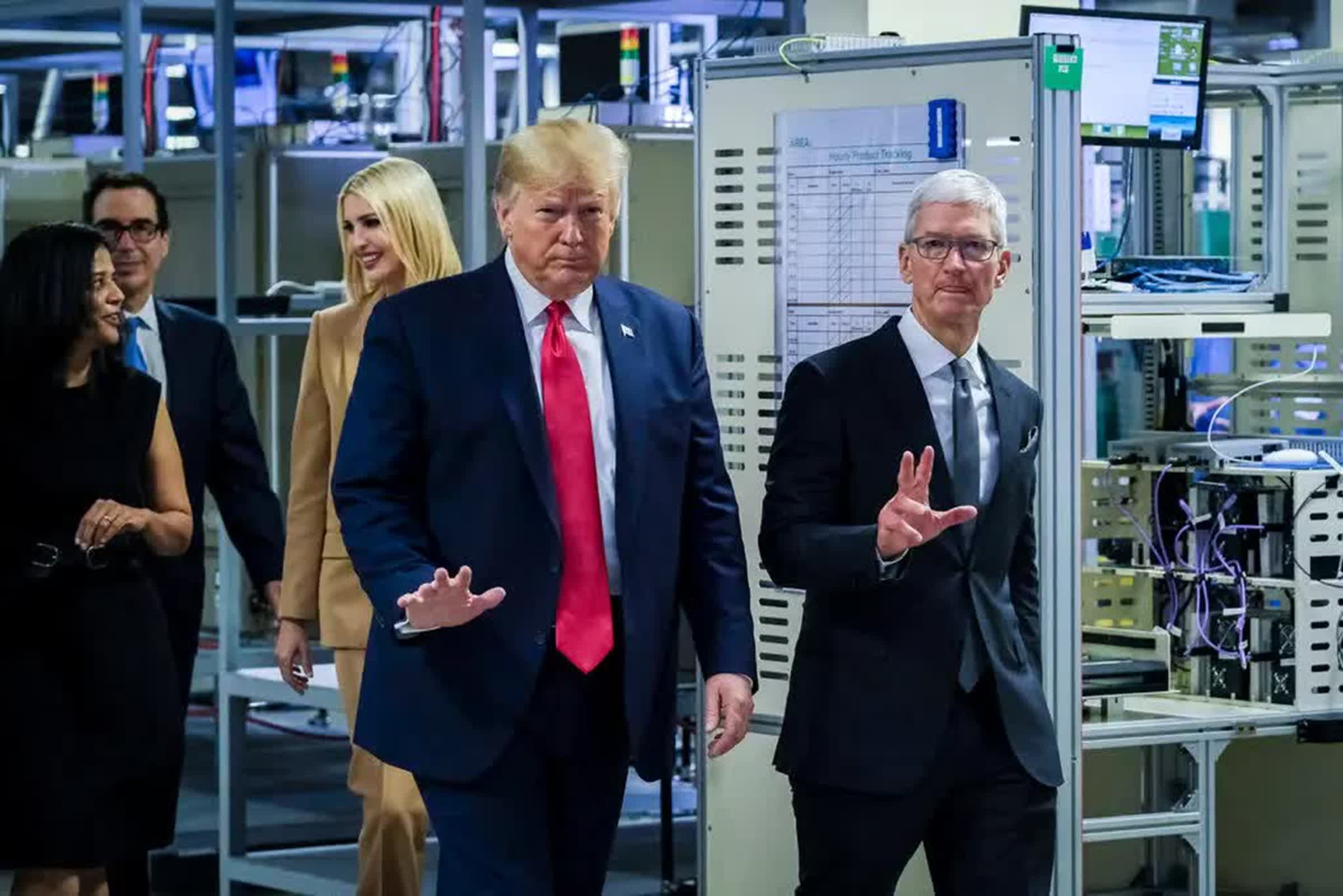Serving tech enthusiasts for over 25 years.
TechSpot means tech analysis and advice you can trust.
What just happened? In its final days of power, the Biden administration is seeking to impose new rules for exporting advanced computer chips. Not surprisingly, there has been pushback from the industry and companies such as Nvidia, which make no bones about preferring the Trump administration's approach to regulation.
The Biden administration has unveiled a new framework for exporting advanced computer chips used in artificial intelligence development. Under the new rules, approximately 20 key allies and partners would face no restrictions on accessing chips, while other countries would face import caps. The unrestricted list includes Australia, Canada, France, Germany, Japan, South Korea, and the United Kingdom. However, the proposed restrictions would affect 120 countries, including Mexico, Portugal, Israel, and Switzerland, potentially limiting their access to chips needed for AI data centers and products.
The announcement has sparked significant industry pushback and raised concerns among chip industry executives and European Union officials. The Information Technology Industry Council warned Commerce Secretary Gina Raimondo that a hastily implemented rule could fragment global supply chains and disadvantage U.S. companies. Similarly, the Semiconductor Industry Association expressed disappointment that the policy was being "rushed out the door" before a presidential transition.
Speaking anonymously to The Associated Press, one industry executive familiar with the proposed rules told the publication that the restrictions would limit access to chips already used for video games, contradicting government claims. The executive also stated that the framework would restrict which companies could build data centers abroad.
The Biden administration's rationale for the framework stems from the perceived need to act quickly to preserve America's estimated six- to 18-month advantage in AI over rivals like China. Officials fear this lead could rapidly erode if competitors were able to stockpile chips and make further advancements. However, the proposed rules have raised objections from EU officials, who argue that selling advanced AI chips to EU members represents an economic opportunity for the U.S. rather than a security risk.
US chipmakers have expressed similar concerns. In response to the announcement, Nvidia released a statement expressing concern that the new "AI Diffusion" restrictions threaten to derail worldwide "innovation and economic growth" and undermine previous efforts to create a successful environment for AI development.
Nvidia argued that the framework, which it described as a "200+ page regulatory morass," would impose bureaucratic control over how America's leading semiconductors, computers, systems, and software are designed and marketed globally.

Perhaps as part of the tech industry's campaign to curry favor with the incoming Trump administration, Nvidia's statement also praised the previous administration's approach to AI development. "The first Trump Administration laid the foundation for America's current strength and success in AI, fostering an environment where US industry could compete and win on merit without compromising national security."
The company concluded by expressing its desire for a return to policies that strengthen American leadership, bolster the economy, and preserve the country's competitive edge in AI.
As the framework includes a 120-day comment period, the incoming Republican administration could ultimately determine the final rules for the sale of advanced computer chips abroad. This transition of power adds another layer of uncertainty to an already complex and contentious issue that will shape the future of AI development and international technological competition.









 English (US) ·
English (US) ·